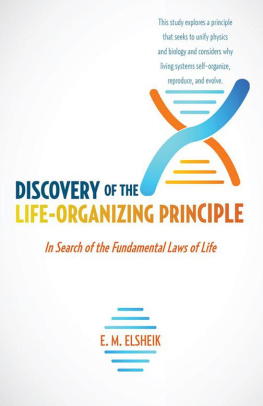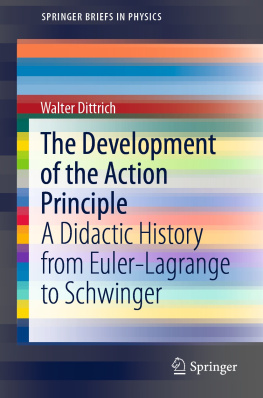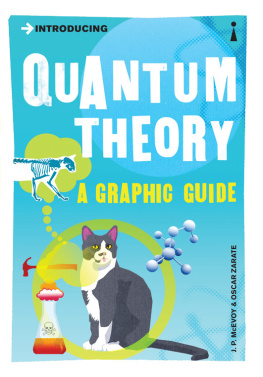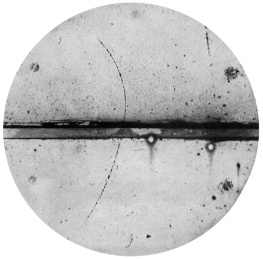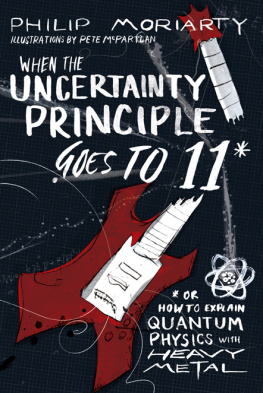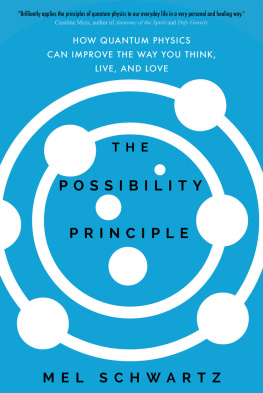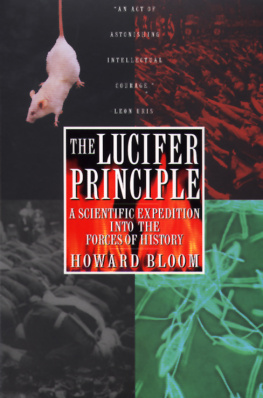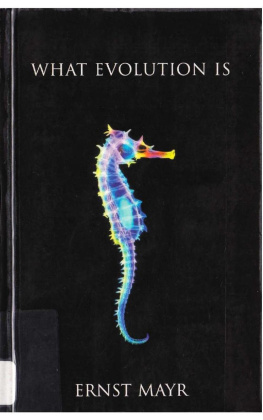DISCOVERY OF THE
LIFE-ORGANIZING PRINCIPLE
In Search of the Fundamental Laws of Life
E. M. ELSHEIK
iUniverse LLC
Bloomington
DISCOVERY OF THE LIFE-ORGANIZING PRINCIPLE
In Search of the Fundamental Laws of Life
Copyright 2014 E. M. Elsheik.
All rights reserved. No part of this book may be used or reproduced by any means, graphic, electronic, or mechanical, including photocopying, recording, taping or by any information storage retrieval system without the written permission of the publisher except in the case of brief quotations embodied in critical articles and reviews.
iUniverse books may be ordered through booksellers or by contacting:
iUniverse LLC
1663 Liberty Drive
Bloomington, IN 47403
www.iuniverse.com
1-800-Authors (1-800-288-4677)
Because of the dynamic nature of the Internet, any web addresses or links contained in this book may have changed since publication and may no longer be valid. The views expressed in this work are solely those of the author and do not necessarily reflect the views of the publisher, and the publisher hereby disclaims any responsibility for them.
Any people depicted in stock imagery provided by Thinkstock are models, and such images are being used for illustrative purposes only.
Certain stock imagery Thinkstock.
ISBN: 978-1-4917-2717-1 (sc)
ISBN: 978-1-4917-2719-5 (hc)
ISBN: 978-1-4917-2718-8 (e)
Library of Congress Control Number: 2014904323
iUniverse rev. date: 03/15/2014
Contents
To my mother, to all women, to all those who struggle for a better human future full of love and peace
We accept the mainstream biology and mainstream physics claim that life is a physical rather than supernatural phenomenon. Then why do living systems self-organize, self-replicate, and self-evolve while nonliving systems do not? According to the second law of thermodynamics, a living system should decay and disintegrate; however, this does not occur only when the living system dies. Why? The answer is that the living system is far from an equilibrium thermodynamic open system that exchanges matter-energy with the surroundings. In doing so, it sustains its living state without decomposition. The question, then, is how can it be possible for the system to traverse a path of increasing complexity from thermodynamic equilibrium to maintain a state far from equilibrium thermodynamics? What is the driving force? Is it an intelligent designer?
According to quantum mechanics, a living system, being a macroscopic localized system, should be decoherent and lack useful energy for its function. On the contrary, the living system is coherent and rich in useful energy, so what is the source of its coherence? The dynamics of a physical system is embedded in phase space coordinates from which the systems equation of motion can be derived. On the contrary, the living system dynamics depends on its bioinformation or biocomplexity rather than on the space coordinates it occupies. So how can it be possible to discover the life-organizing principle that contains the dynamical essence of a living system irrespective of the phase space coordinates? Moreover, if biological evolution is not a random process but subject to the life-organizing principle, then it has to have a goal function or target criterion. What is it?
It is clear that the problem of the nature of life is neither purely biological nor purely physical in the ordinary sense; it is both. To resolve such a problem, four steps are necessary:
First: We propose a paradigm shift that broadens the concepts of information, life fractal nature, quantum field, and least-action principle.
Second: Based on the paradigm shift, we discover what physically distinguishes life from nonlife (i.e., the genomes capacity to generate bioinformation oscillations through successive generations).
Third: Based on the bioinformation oscillations, we formulate the life-organizing principle, which is a generalized Schrdinger type of system with vitality, a measure of bioinformation, as path variable.
Fourth: Based on the life-organizing principle, we derive the first and second laws of self-organization, which explain biological evolution and development. Moreover, they generate functional genetic code capable of instructing viable proteins and determine conclusive biological evolution goal function, which is maximization of total vitality.
Finally, the genomes total bioinformation generates two survival components: reproductive fitness component and total vitality fitness component. Thus evolution as maximization of total vitality implies maximization of creativity and altruism (faeeliya). This extension of Darwinian theory substantiates the theory of multilevel selection and facilitates a more dynamic conception of human nature. It facilitates a transition to postcapitalism society, as capitalism is underpinned by a transitional phase of evolving human nature. It also reconciles the existing contradiction between science and the final goals of religion.
I would like to acknowledge my indebtedness to Dan Brooks, Robert Ulanowicz, Sven Jorgensen, and the late M. O. Taha for their helpful comments and support. Thanks also to anonymous referees whose critical comments helped me to improve my theory. Im also grateful to Dan Winter for collaboration and support.
I would like to thank Dr. Siddig Umbada, Dr. Nour Eldeen Abd Elrahman, Mr. Hassan Omer Ibrahim, Dr. Abd Alla Abdeen and Elnour A. Ali for their financial support to publish the book. Thanks are also due to iUniverse for kind treatment and for the encouraging discount that helped me to publish this work.
What is life? Theres no doubt that this is the most challenging question the human mind has ever encountered. Living systems are problematic in the sense that although they are composed of the same elements found among inanimate systems and do not violate the laws governing the physicohemical transformations and reactions of these elements, they grow, develop, and evolve, thus generating bioinformation or biocomplexity in a peculiar manner unattainable to inanimate systems. So how can we explain the peculiar behavior of living systems? Do we regard them as complicated machines, subject to the same physicochemical laws governing their elementary inanimate constituents and transformations? Do we regard them as autonomous systems that obey new laws that are independent of physics? Is there a life-organizing principle of a physical nature that does not belong to ordinary physics (i.e., inanimate physics)? In short, what is the nature of life?
I have been working on the last alternative with sincere dedication for more than forty years. Such an alternative necessitates discovering a fundamental physical property that distinguishes life from nonlife. If such a property does exist, that means it has escaped human endeavor and scientific imagination throughout human history. I dare say that I have discovered this property, which broadens the ontological foundation of contemporary physical theory and reveals the secret of life. Thus the secret of life resides in the DNA or genome as a quantum information fractal field that generates bioinformation oscillations through successive generations. The bioinformation is a measure of biocomplexity that is developmental functional complexity and increases before adulthood, having a maximum when the organism is fully grown. It decreases afterward and becomes zero when the organism dies. Since such behavior is periodic or oscillatory for successive generations, and since the bioinformation has the dimensions of energy and information, a new quantum information fractal field theory can be developed in order to account for biotic evolution and development.
How I envisaged this idea and how I kept developing it despite extremely challenging circumstances and enormous sacrifices is itself a lesson on the psycho-existential roots of creativity and perseverance, for the realization of life as activeness and effectiveness is nothing other than an abstraction of my personal life experience. It is the experience of a little kid who lost his father and was lucky to have the opportunity to develop himself through his own initiative, morally, intellectually, and academically. The personal experience of every individual is part of the universe, so it possesses a universal element. Consequently, creativity is the recognition, extraction, and unfolding (generalization) of the universal element embedded in individual experience. Having been able to mold and develop my personality and psychology in accordance with what are regarded as virtuous human values and ambitions through acquiring knowledge, later, when I came to realize that human knowledge is in crisis (i.e., we dont know what human nature is and dont know what life is), my compass lost direction. These problems became not only epistemological problems but also deep psychological and existential problems. In other words, there is no way to be in harmony with myself and with the world unless I find or develop a coherent conceptualization of what being human is and what life is. The identity crisis of human knowledge concerning the nature of life and human nature became my personal identity crisis.
Next page
